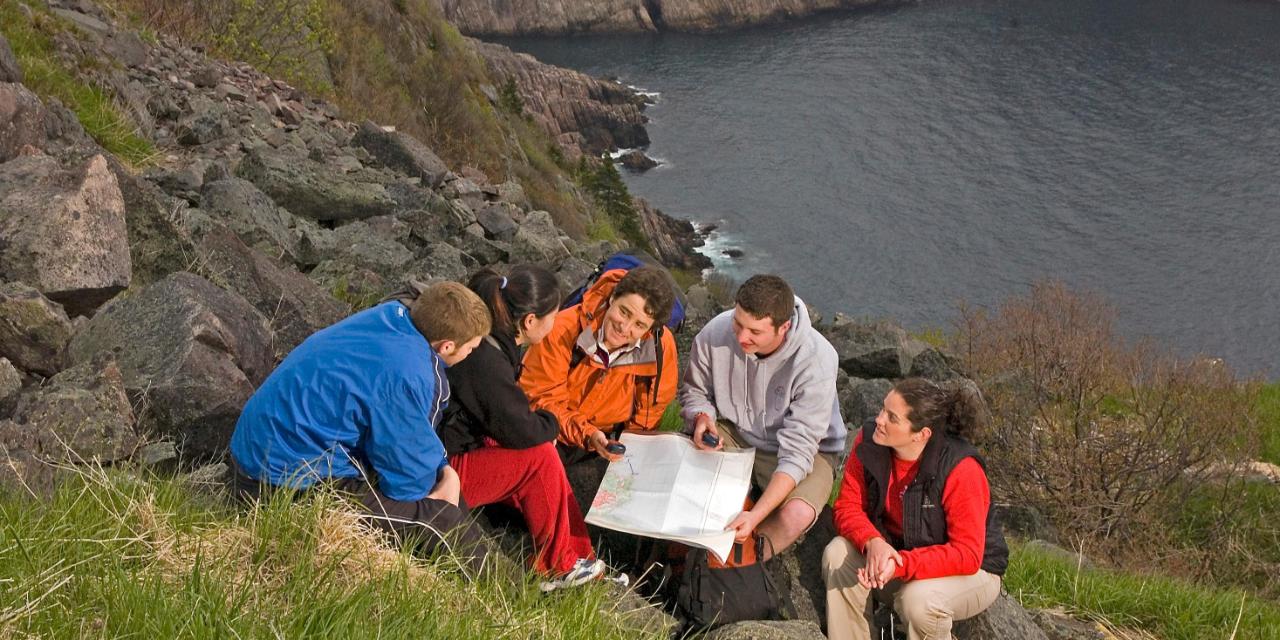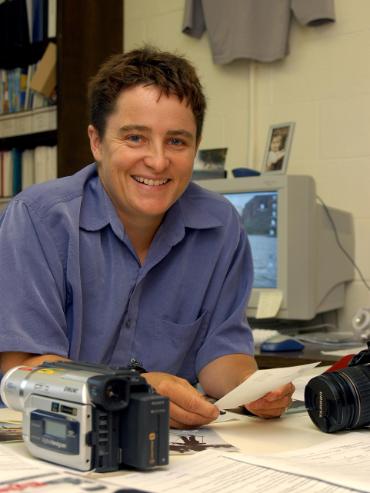Such great heights
In Tibet it is known as Chomolungma, “Goddess Mother of the World.” In Nepal it is called Sagarmatha, meaning “Goddess of the Sky.” In North America, we call it Mount Everest.
Everest is just over 8.8 kilometres high. The trek to its summit is an intense two-month, 20-kilometre hike into oxygen deprivation, higher radiation levels, extreme temperatures and unpredictable weather. When a climber reaches the 8,000-metre mark, they enter what is referred to as the “death zone.”
What may be even more daunting is the recognition that once you achieve the summit, you’re only halfway there. Most deaths on Everest occur on the descent.
In Dr. TA Loeffler’s quest to climb “The Seven Summits” – every continent’s highest peak - only the top of Mount Everest has eluded her so far.
She has made three separate attempts to climb the world’s highest mountain, and though each has ended with disappointment, to see this as a failure would be to misunderstand what Dr. Loeffler has been teaching her students for years.
Dr. Loeffler was born in 1965. She completed her bachelor of arts degree at Prescott College and earned a master of science degree in experiential education from Mankato State University. In 1995, she received her doctorate from the University of Minnesota and joined Memorial’s School of Human Kinetics and Recreation that same year.
Over the years, she has won renown for her work on gender and outdoor recreation. She’s volunteered with the Becoming an Outdoors Woman Workshop for 28 years and has visited more than 80 schools to promote the health benefits, social connections and sense of self that sport and recreation can provide.
Knowing that sport and exploration can lead to resiliency when life gets tough, she encourages her students and audiences to set high goals and dream big.
As a “public dreamer,” she models what she teaches in her own endless quest for new challenges and adventures.

TA Loeffler on an exbidition with students. Photo from Memorial University Archives.
Dr. Loeffler has paddled 3,000 kilometres in a canoe from Jasper, Alberta, to the Arctic Ocean and has climbed nine volcanoes and the highest peak in El Salvador. She’s skied 275 kilometres across an unexplored area in Greenland and has hiked a significant portion of the Great Himalaya Trail in Nepal.
She has climbed the mountains Aconcagua, Denali, Kilimanjaro, Elbrus, Vinson and Kosciuszko, not to mention the highest peaks in Chile, Mexico, France, Guatemala, Morocco, New Zealand, Greenland, Zimbabwe, Iceland, Barbados and Denmark.
In 2005, Dr. Loeffler was awarded the Memorial University President’s Award for Distinguished Teaching. The following year, the Canadian Association for the Advancement of Women in Sport named Dr. Loeffler to their Top 20 Most Influential Women in Canadian Sport and Physical Activity list.
She received a prestigious 3M National Teaching Award Fellowship in 2008, and in 2020, Canadian Geographic named her one of the “90 Greatest Canadian Explorers.”
In 2022, Memorial recognized her teaching, research and community engagement with one of the university’s highest honours: the John Lewis Paton Distinguished University Professorship.
Dr. Loeffler’s is a long list of accomplishments, and yet she continues to move towards even greater heights.
Her book, More Than a Mountain, was published in 2008. It offers a compelling look at what it’s like and what it means to attempt to climb Everest. While the story is of one experience, the central metaphor can be applied to any of life’s most formidable obstacles.
What Dr. Loeffler teaches us is that when seeking our goals and facing potential disappointment, every step forward into new terrain is a success, and when you reach the loftiest heights, what you ultimately find there is yourself.
